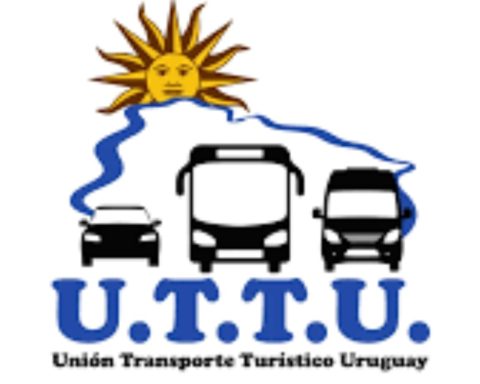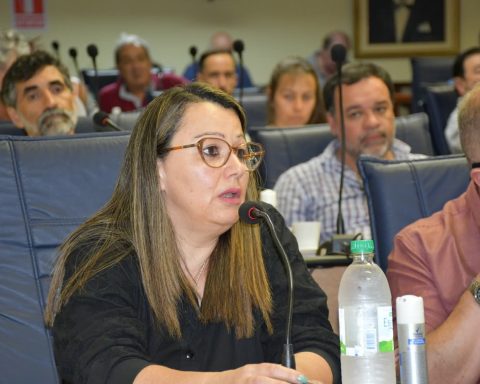
The Association of Marketing Leaders (ADM) organized this Thursday a lunch with businessmen and leaders of business chambers, in which they debated and discussed the economic news, the future prospects and the challenges faced by the sectors at the national level and outside.
One of the issues that was in the air was the strong inflation that has been taking place in recent months, which is happening in parallel with the rise in interest rates by the Central Bank of Uruguay (BCU) that would have the purpose of containing the increase in prices and get as close as possible to the economic goals of the Luis Lacalle Pou government.
quoted by the newspaper The countrythe economic adviser of the National Chamber of Commerce and Services (CCSU), Ana Laura Fernández, the pricing mechanism used by the Executive, called Import Parity Price (PPI), “is on the right track” because “it tends to to go in line” with the fluctuations in oil prices at a global level and “it is not to make money in the public sector”.
The president of the Chamber of Industries of Uruguay (CIU), Alfredo Antía, who said that “we don’t like it when they say: ‘businessmen come here to cry,'” but there was a majority consensus on how the government has been handling the increase in fuels. He also supported the system of fuel prices by PPI stating that it is “a healthy norm” and suggested to the Lacalle Pou Executive to focus on the supposed “X factor” that includes possible cost overruns, subsidies and what businessmen consider “inefficiencies”. ” in Ancap.
They also took advantage of the momentum to request a reduction in the taxes that make up the final price of hydrocarbon derivatives.
more endorsements
The Rural Association of Uruguay (ARU) was also in agreement with the constant rise in prices caused by the PPI system, which was created with the Urgent Consideration Law (LUC). Gonzalo Valdés, president of ARU, said that they “agreed from the first moment” with this and said that “it has managed to make transparent” how the rates are set for the final consumer.
He admitted that the string of price increases “affects all sectors” but stressed that, in his opinion, hydrocarbons are being pressured upwards by a complex global context.

















